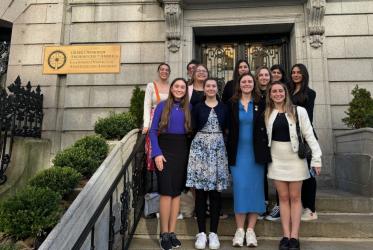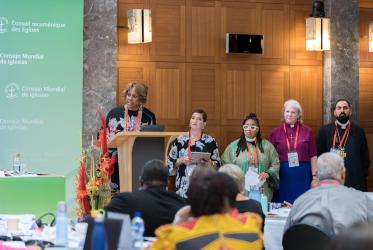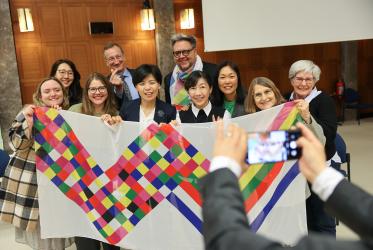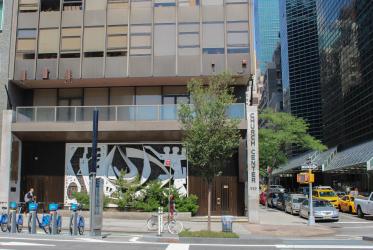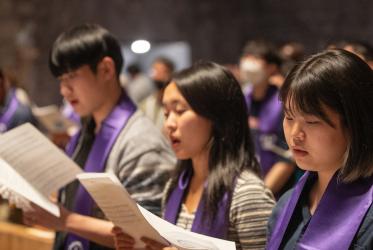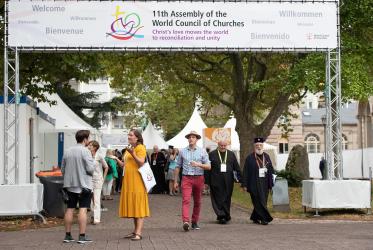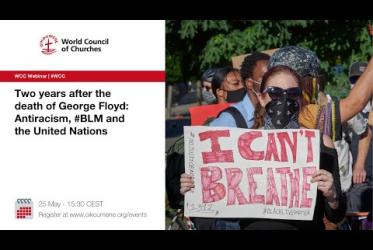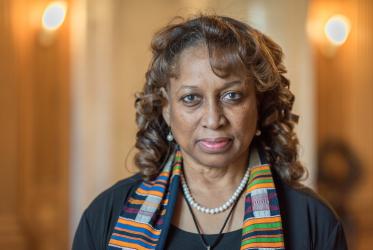Displaying 1 - 20 of 38
Ecumenism in the Philippines means hope and resilience
22 August 2023
In New York City, the spirit of Thursdays in Black is thriving
06 October 2022
Squid Game and Ganggang Sullae: workshop reflects on youth poverty
16 September 2022
Side-by-side, they pray for peaceful unification of the Korean Peninsula
06 September 2022
Unity is key when health crisis poses new challenges in Asia
28 February 2022
Rev. Dr Angelique Walker-Smith receives Figel Ecumenism Award
25 February 2022

